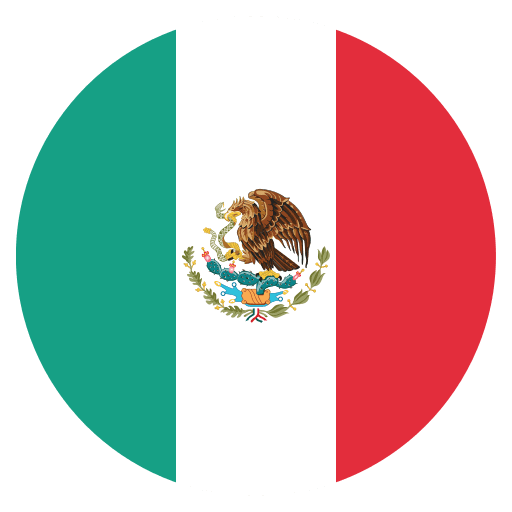




The internet has become an essential part of our daily lives. Still, with its rapid evolution, new terminologies and jargon have emerged that can be confusing to those not well-versed in the world of technology. Whether a casual internet user or a business professional, understanding internet jargon is essential to navigating the online world efficiently.
Here are the top 10 internet jargon terms you need to know: Bandwidth – Bandwidth refers to the amount of data that can be transmitted over a network connection. It determines how much data can be transferred at any given time, and it is measured in bits per second (bps) or bytes per second (Bps). Higher bandwidth allows for faster internet speeds and smoother online experiences.
Firewall – A firewall is a security system that monitors and controls incoming and outgoing network traffic. It is designed to prevent unauthorized access to a computer or network and can be hardware-based or software-based.
Cookies – Cookies are small text files placed on your computer by websites you visit. They are used to store information about your preferences and browsing history, which can be accessed by the website to customize your online experience.
URL – A URL (Uniform Resource Locator) is the address of a webpage on the internet. It typically starts with “http://” or “https://” and ends with a domain name, such as “.com” or “.org.”
IP Address – An IP (Internet Protocol) address is a unique identifier assigned to every device connected to the internet. It allows devices to communicate with each other and enables data to be sent and received across the network.
SEO – SEO (Search Engine Optimization) is the practice of optimizing a website to rank higher in search engine results pages (SERPs). It involves improving the quality and quantity of website traffic by increasing visibility through organic search engine results.
DNS – DNS (Domain Name System) is a system that translates domain names into IP addresses. It acts as a phonebook for the internet, allowing users to access websites by typing in domain names rather than IP addresses.
Encryption – Encryption is the process of encoding data to protect it from unauthorized access. It ensures that only authorized parties can access and read the data.
Phishing – Phishing is a type of cyber attack in which attackers use deceptive tactics to trick individuals into revealing sensitive information such as usernames, passwords, or credit card numbers.
VPN – A VPN (Virtual Private Network) is a secure connection that allows users to access the internet securely and privately. It encrypts internet traffic and hides the user’s IP address, making it difficult for hackers or government agencies to monitor their online activity.
Understanding these essential internet jargon terms is crucial for anyone who uses the internet regularly. They can help you navigate the online world more efficiently and securely, and they are essential to communicating with others about technology-related issues. By mastering these terms, you can enjoy a smoother and safer online experience.
We are here to help.
Still haven’t found what you're looking for? Chat, email or Call our Customer Care Pro’s!

1400 Broadfield Boulevard Suite 200
Houston, TX 77084 United States
© 2025 Rural Telecommunications of America, Inc. All rights reserved.
1-844-RTA4USA
Deals
Wholesale
Business
Residential
gigFAST NETWORK ®
gigFAST IoT ®
gigFAST TV ®
gigFAST VOICE ®
gigFAST INTERNET ®
Legal
Cookies
Privacy Policy
gigFAST TV ® Privacy Policy
Acceptable Use Policy
RTA Internet Transparency Statement
Supplement to Client Services Agreement General Terms
RTA Story
RTA Careers
RTA Newsroom
RTA Blog
RTA Testimonials
Areas Served
Crystal Beach
Odessa
Midland
Smithville